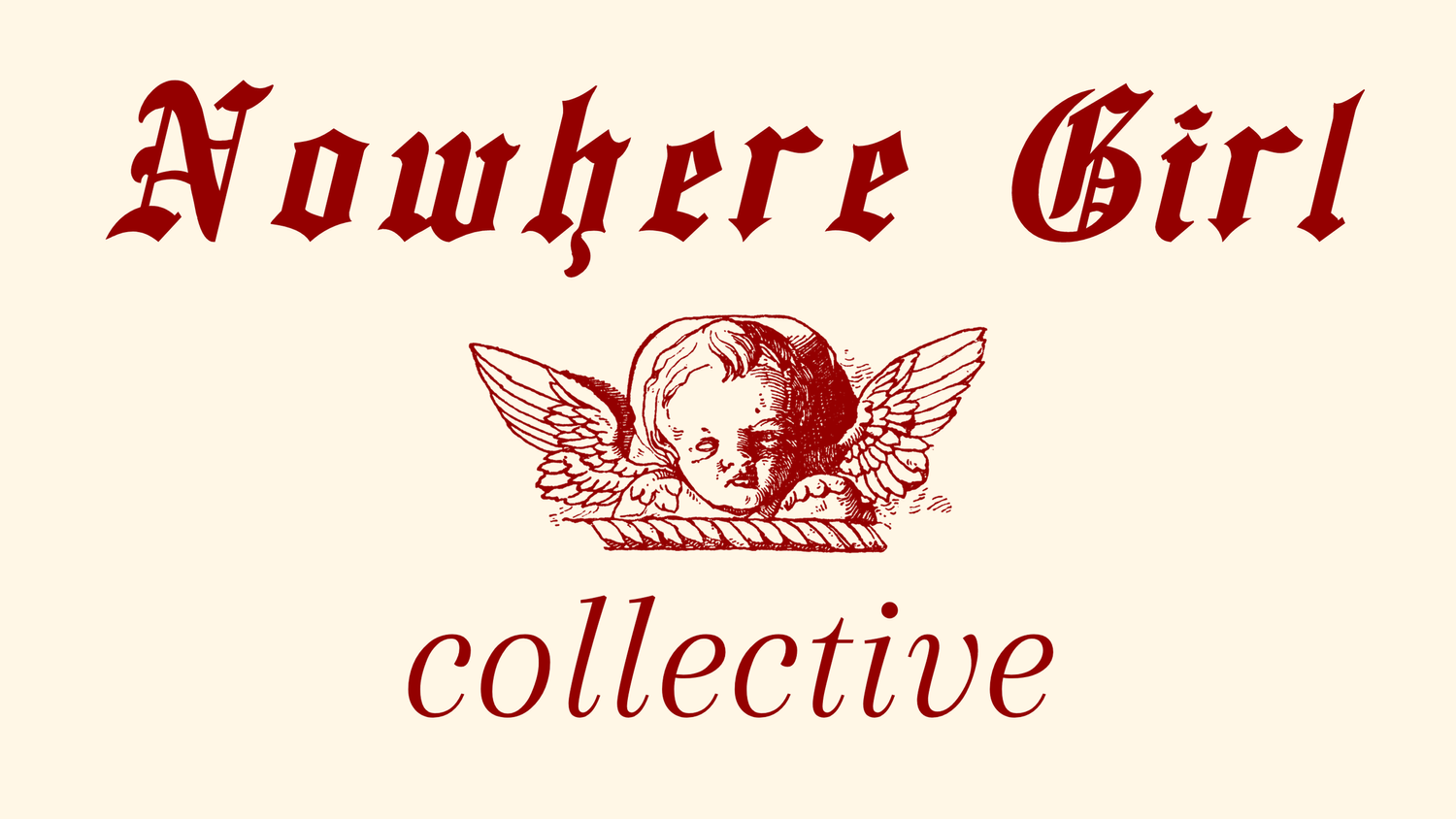THE ANGEL AS A SPACE BETWEEN TREES
It was a moon-ripe night in June. In the woods, down the far end of the golf course where the flat plateaus of the greens dropped suddenly off into rolling farmland, Anna lay on her back. Under the canopy, the drowned moonlight bloated and danced with the nocturnal homunculi of pale suicides. Moths and the small memory of other people, other bodies. And somewhere, at the edge of the world, were voices and light, and the whole other matter of the world. Floating. There were fireworks from the golf club and in the old bomb crater she could hear Saph and Ben together, lightly moaning.
Despite what everyone called it, the bomb crater was not a bomb crater. As a child, Anna had believed it was and thought of uptorn trees piercing the earth, scenes of a bomb wrapped in brown paper in the postman’s basket, girls with drooping socks and pigtails picking over debris. Anna grew up and became vaguely disillusioned that the punched-out earth was not in fact a bomb creator. But, somehow, she never remembered to ask what it actually was. Vaguely she thought of witches, plague pits, dirt bike tracks. But all that mattered now was that there, in this great crater of earth, Saph was with Ben. And she was up on the ridge, alone. The night felt very wide, and she was aware of its germination caught in her lungs.
Before Ben had led a laughing Saph into the crater, he’d held out his hand to Anna. Probably just in a show of intoxicated bravado most men imagine themselves capable of. But God, Anna had almost taken it. Just to be able to descend with Saph and see what she looked like drowned. She imagined the three of them with their limbs tangled – the dementia of bodies forgetting themselves in the dark. But Anna had ducked her head and wandered vaguely up the ridge, a left hand trailing along the trunks, before throwing herself to the ground. She wondered whether the earth she was currently lying on was what had been dug out of the crater. If, through being part of a thing carved out, she was connected to the thing itself. Connected to the jigsaw-bodies down below her, slotting in and carving each other out. She rolled her body, hoping to catch their rhythm. That centring, plucking tug. When Anna thought of Saph, she thought of audio of birdsong played at midnight. A night forest disembodied and coming through the dark air towards her. Saph’s eyes were fleshy, erotic, and held in them the phantom seams of a world unravelling. Dogs barked at Saph in the street. Her hair never grew below her collar bones.
And the moans from the bomb crater were getting louder, were getting more frequent. Anna had drunk too much.
She stretched out her legs, feeling them scuff up against the boarder of something solid, jutting up from the earth. She hadn’t realised she was so close to the plaque. It was the plaque for Erin Purley. During the last World War, Erin had lived in Anna’s village. She maybe had a child, though people couldn’t remember what became of it. The story went she was one day seen heading into the woods soaking wet and by nightfall she hadn’t returned. People in the village searched for her all throughout the wood, searched her house for a note, wrote concerned letters to the police and her stationed husband. After weeks, the villagers gave up. She had gone. Slipped into the space between trees like they were stepping stones back to the green world. So, the villagers cut down a tree at the edge of the woods and fashioned a casket out of it. Without a body, they buried the empty casket hoping to bear some trace of Erin to hastily consecrated ground. She who, they said, drowned in the company of trees. The original burial site had been disturbed when they built the golf course in the 1980s. So, they’d dug up the worm-eaten wood and reburied it on the ridge by the old bomb crater. This was when the plaque was added.
Anna noticed the moaning from the crater had stopped. A silence too heavy infected the night. As she crawled along the ridge, through the dead leaves, she wondered what empty coffins may lie beneath her in the moonlight. Peering into the crater she saw Saph and Ben were gone. Probably back to the golf course for more wine. But for a moment Anna hovered above the deserted scene. Let the possibility draw out that they too had got lost in the trees. They too had felt the sunken gasping for some larger, impossible connection – the awed horror of the forest as primeval atom, slowly gathering mass. But the moment had passed, and it was inevitable. She had been left behind.
Molly Thatcher, 24, London - UK ✯ IG: @bookish_existence ✯ mollythatcher.substack.com
“Molly Thatcher is an English writer. She was raised in rural Berkshire and has studied literature at the University of Exeter and Oxford University. She finds joy in writing about nature, queerness, the materials of history, and all things morbid. Her work has previously appeared in The Compressed Literary Journal and The Oxonian.”
